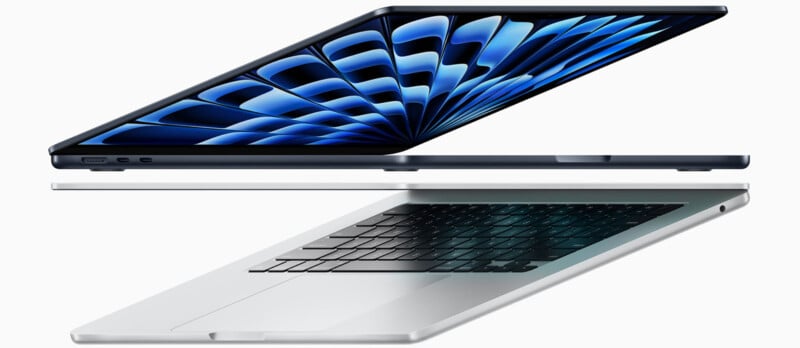In the Blink of an Eye, Apple is All-In on AI
![]()
Apple appeared content to sit by the sidelines as the AI craze took the tech world by storm last year, but that has changed. Apple is all in on AI, and it seemingly happened in the blink of an eye.
In just a month, Apple went from basically only ever mentioning AI in passing to shifting into high gear as CEO Tim Cook spoke twice about the company’s endeavors there within three weeks.
“Our M.O., if you will, has always been to do work and then talk about work, and not to get out in front of ourselves,” Cook said in early February. “And so we’re going to hold that to this as well. But we have got some things that we’re incredibly excited about, that we’ll be talking about later this year.”
That excitement wasn’t contained for long, as before the end of February, Cook spoke out again and said Apple would “break new ground in generative AI” later in 2024 and that it would be hugely beneficial for users.
“Later this year, I look forward to sharing with you the ways we will break new ground in generative AI, another technology we believe can redefine the future,” Cook said in a shareholders’ meeting.
“We believe it will unlock transformative opportunities for our users when it comes to productivity, problem-solving, and more.”
In the first new product announcement since that promise, the new M3-equipped MacBook Air, Apple spent a chunk of its release specifically on AI.

“With the transition to Apple silicon, every Mac is a great platform for AI,” Apple says. “Leveraging… incredible AI performance, macOS delivers intelligent features that enhance productivity and creativity, so users can enable powerful camera features, real-time speech to text, translation, text predictions, visual understanding, accessibility features, and much more.”
The company points to multiple programs MacBook Air can leverage that use AI including Pixelmator Pro, Goodnotes 6, CapCut, Copilot for Microsoft 365, Canva, and Adobe Firefly. Finally, Apple confidently states that the M3 chip makes the MacBook Air “the world’s best consumer laptop for AI.”
It’s a hype-heavy statement and given the ambiguity of AI and how often it relies on cloud computing, not on-device performance, makes Apple’s claims difficult to argue against. But the truth of the marketing aside, Apple has signaled it’s not content to sit on the sidelines of the AI discussion any further.
The launch of the new MacBook Air is the first time that Apple has dedicated any major section of its messaging to talking about AI in its products and support for specific programs that leverage it. It didn’t mention AI at all in the launch for the M2 and only mentioned it briefly in the context of the Neural Engine and machine learning last fall when it launched the M3. The language in the MacBook Air release is a notable shift.
Apple is perhaps the tech industry’s most influential player, and while it remains polarizing amongst consumers, its runaway success in the consumer space speaks for itself. However Apple chooses to throw its hat into the AI ring beyond positioning its marketing like it did with the MacBook Air will be impactful to the space regardless of whether or not someone is an Apple customer. Whether it be the interface and ubiquity of a touchscreen smartphone, a smartwatch, or the removal of a headphone jack, what Apple does reverberates.
With this much smoke in the air around what Apple intends to do with AI, it won’t be long until the fire is visible.
Image credits: Apple